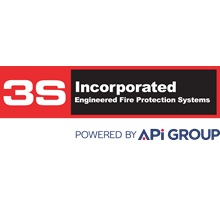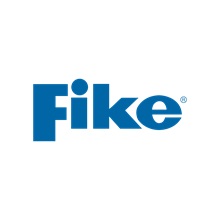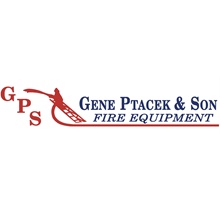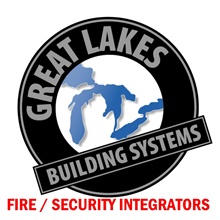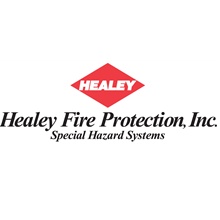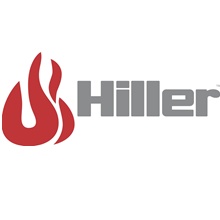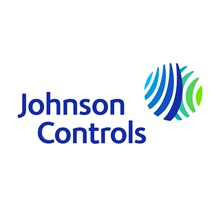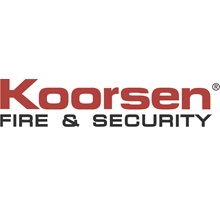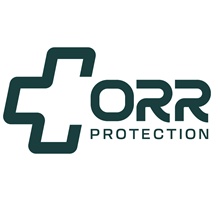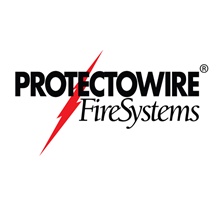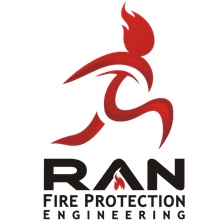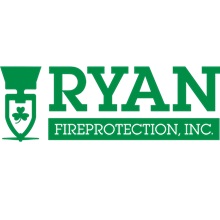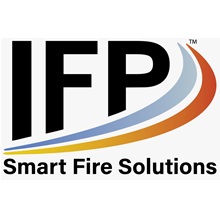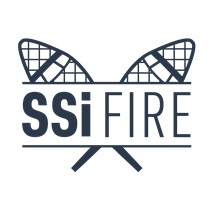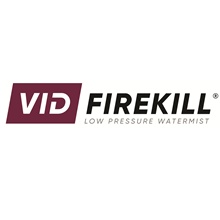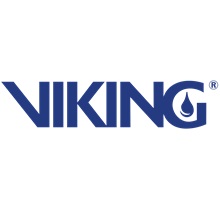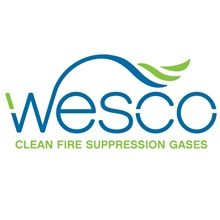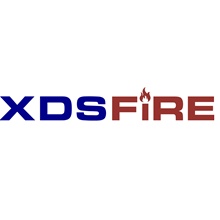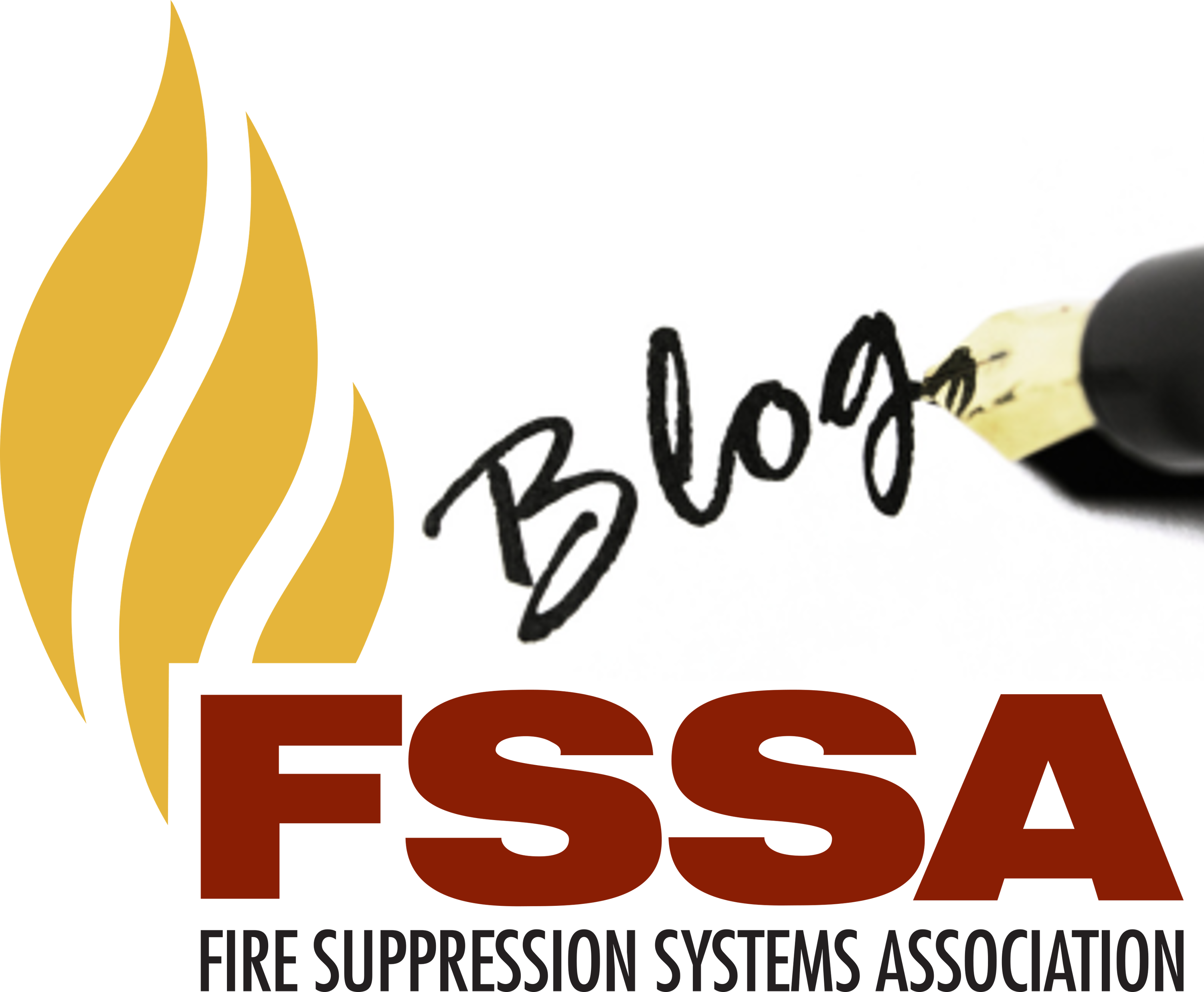FSSA White Papers
As the leading authority and advocate of special hazard fire protection, FSSA provides complimentary educational white papers to the public. We invite you to browse our archive:
 Clean Agent Total Flooding Systems - Agent Adjustments for Continuous Mixing Clean Agent Total Flooding Systems - Agent Adjustments for Continuous Mixing
June 2025
A design tip exists that suggests using the Minimum Design Concentration (MDC) plus 15% extra clean agent combined with continuous air mixing ensures a proper hold time as required by NFPA 2001, 2025 edition. (All references to NFPA 2001 in this document refer to the 2025 edition unless otherwise noted.) An FSSA task group was assigned to verify whether this 15% additional clean agent provides a 10-minute hold time prediction for continuous mixing situations.
The task group used the simulation method given in NFPA 2001 to estimate the hold time for an enclosure with continuous air movement versus the predicted hold time in the same enclosure with air movement shut down at the time of discharge. This is the same method commonly used to fulfill NFPA 2001 system acceptance criteria.
The estimates indicate that when a room is sealed to provide a 10-minute predicted hold time with air movement shut down, i.e. descending interface situations, the need to add agent to maintain that 10-minute predicted hold time when there is continuous mixing depends on the height of protected combustibles versus the flooded height and the type of agent. In the cases examined, FK-5-1-12 was most likely to need additional agent or more sealing against leakage while inert gas IG-541 was unlikely to need additional agent or sealing to maintain a 10-minute hold time with continual mixing compared to the descending interface scenario. Read the full white paper.
WET COLLECTIONS FIRE PROTECTION: AN OVERVIEW
january 2025
Wet collections are natural history specimens immersed in liquid preservative solutions and typically stored or displayed in glass or plastic containers. The preservative solutions are predominantly ethanol, formalin or isopropanol.
The primary purpose of wet collections is for scientific research. In some instances, wet collections may be of species that are rare or extinct. These collections are not only irreplaceable, but they are also inherently hazardous to store and handle without proper precautions.
The liquid mediums used for specimen preservation, in almost all situations, will be ignitable liquids and are classified based on flashpoint. The containers used to store the specimens can range in size from small vials containing ounces of liquid, to large jars, drums or tanks containing gallons of liquid. The most difficult challenge in assessing the severity of wet collection hazards is that the applied practices amongst the different organizations vary to great extents. In addition, the composition of the ignitable liquid solutions can evolve over time as specimens are studied and maintained.
Research Report: Effect of High Airflow and Aisle Containment on Clean Agent System Performance in Data Centers
December 2023
A Joint Study by the Fire Suppression Systems Association and the Fire Industry Association (UK)
NFPA Standard 2001 Clean Agent Fire Extinguishing Systems, ISO 14520, and EN 15004 require that system discharge nozzles be listed for their intended use. The UL and FM standards for approval of clean agent systems require nozzles to demonstrate their ability to produce a uniform concentration of clean agent throughout a given volume. The approval tests are done in still air. That is, no air movement is present in the test enclosure.
In contrast, clean agent systems are often used in data centers where airflow is maintained during and after system discharges. A project was initiated under the Fire Protection Research Foundation's leadership to examine the effect of continuous airflow on the uniformity of the clean agent concentration (also known as "agent distribution") produced by a system discharge. The planning project was completed in 2015. In 2018, the Fire Suppression Systems Association (FSSA - USA) and the Fire Industry Association (FIA – UK) partnered to complete the project by testing clean agent systems in high airflow environments. The project scope was expanded to include an examination of the effect of aisle containments on agent distribution.
FSSA Foam Fact Sheet
June 2021
The firefighting foam industry is currently confronted with rapidly changing regulations on the use, testing, and disposal of AFFF foams and compliance with environmental regulations surrounding AFFF foam concentrates systems. Many FSSA members are stakeholders in the regulatory outcomes associated with AFFF foam. The scope of this fact sheet is to help educate and prepare the FSSA membership by providing current information on the issues and changes that are taking place.
Fire Safety Systems Protecting Data Centers
Effect of Sound Waves on Data Storage Devices
March 2019
Fires in data centers occur and can result in loss of information, property, and life. A recent survey of FSSA members who install fire extinguishing systems in data centers indicated that hundreds of fires had been successfully extinguished by gaseous clean agent systems in data centers. In 2018, a fire occurred in a data center at a large university on the East Coast of the United States. The installed clean agent system extinguished the fire quickly and no data loss occurred. The campus fire chief related that the information contained on those servers represented years of research for the University and was in his words “priceless.” Although fires in data centers are not “common,” cases like this where an automatic gaseous agent fire system extinguishes a fire with no loss of data are the rule when clean agent systems are deployed.
UN Climate Change Conference in Copenhagen and Other Developments
March 2010
Excerpts provided by David Stirpe, Director, The Alliance for Responsible Atmospheric Responsibility
As reported in a previous FSSA white paper, the Copenhagen Climate Change Conference was held in December 2009. The intent of this meeting was to address the reduction of greenhouse gas emissions, including the commitments by major developing countries to begin emission reduction efforts. The conference also addressed de-linkage of some of the major developing countries, most notably China, from the "pay to play" diplomacy model. By that we mean in order to participate in future climate change agreements that are legally binding, large carbon emitters in developing countries, such as China and India, expect financial incentives to be paid by developing countries, primarily the United States.
|
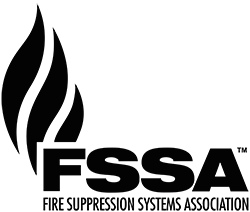
 Clean Agent Total Flooding Systems - Agent Adjustments for Continuous Mixing
Clean Agent Total Flooding Systems - Agent Adjustments for Continuous Mixing 